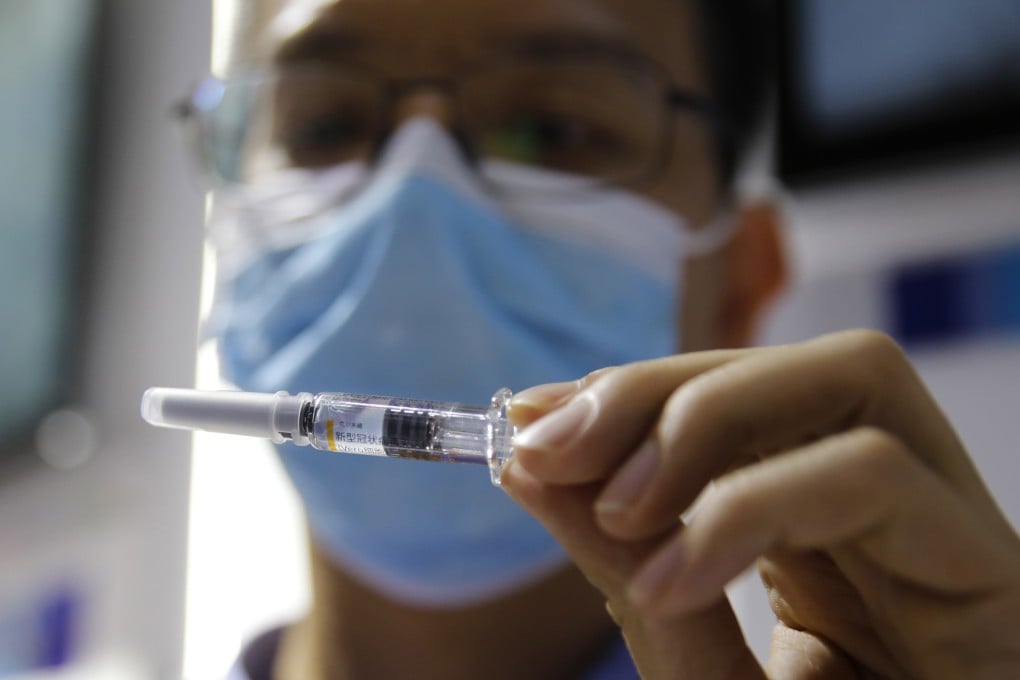Coronavirus: why China has left its options open for WHO’s global vaccine plan
- Along with the US and Russia, it was absent from the list of nations that signed up for the COVAX facility
- Beijing has already promised access and loans for potential shots and that may be seen as a better bet for its diplomatic agenda, observers say

It has already promised access and loans for potential vaccines to a number of lower- and middle-income nations – a move the Chinese leadership may see as a better bet for its diplomatic agenda than joining the WHO-backed scheme, observers say.
Participating countries – which include 64 higher-income nations and cover around two-thirds of the global population – were announced by the WHO and its partners Gavi, the Vaccine Alliance and the Coalition for Epidemic Preparedness Innovations on Monday, after the September 18 deadline to join.

01:39
China prepares for coronavirus vaccine mass production though clinical trials are not yet complete
COVAX’s success hinges on buy-in from wealthier nations and commitments from vaccine makers in order to meet its goal of supplying 2 billion vaccine doses, divided proportionally, to participating countries by the end of 2021.